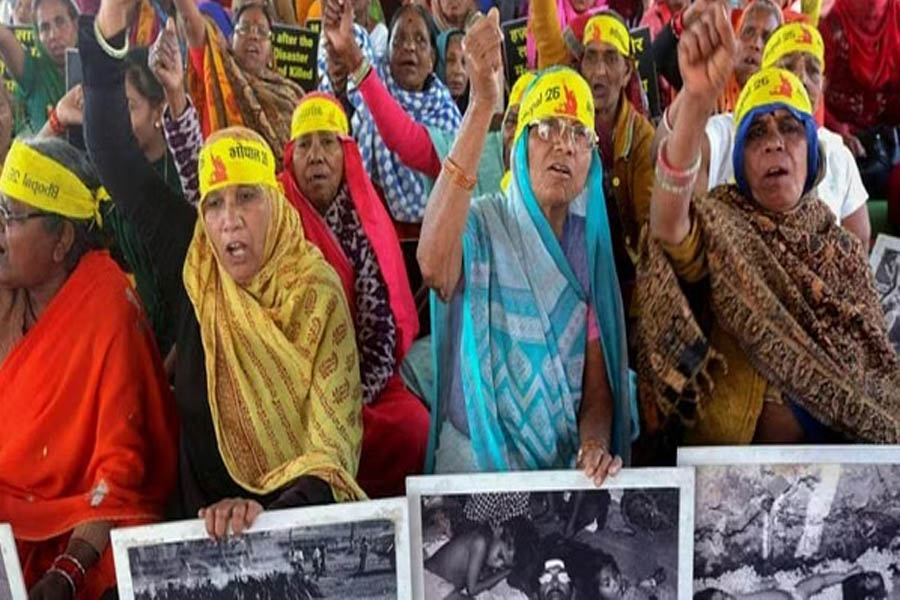By PTI
GANDHINAGAR: The Gujarat government on Monday announced in the state Assembly that minimum wages given to skilled, semi-skilled and unskilled labourers have been increased by nearly 25 per cent — up to more than Rs 2,400 per month — a hike coming after a gap of nine years.
The announcement about the increase in minimum wages, which will become effective after a notification is issued within a fortnight, was made in the Assembly by Gujarat Labour and Employment Minister Balwantsinh Rajput, who said the current payment structure for labourers came into force in the state in 2014.
He said the hike will benefit nearly 2 crore people.
For skilled labourers working in the jurisdiction of municipal corporations, municipalities and urban development authorities in 46 different types of businesses listed in the Minimum Wages Act, 1948, the government has hiked the minimum monthly wage from Rs 9,887.80 to Rs 12,324, a rise of Rs 2,436.20, or 24.63 per cent, he said.
For semi-skilled labourers, the state has hiked the minimum monthly wage from Rs 9,653.80 to Rs 11,986, up Rs 2,332.20, or 24.15 per cent.
For unskilled workers, the monthly wage has been raised from Rs 9,445.80 to Rs 11,752, indicating a rise of 24.41 per cent, said Rajput.
For skilled labourers working outside the jurisdiction of municipal corporations, municipalities and urban development authorities, the state government has increased the minimum monthly wage from Rs 9,653.80 to Rs 12,012, up Rs 2,358.20, or 24.42 per cent, said the minister.
The minimum monthly wage for semi-skilled labourers for this category of workers (outside the jurisdiction of municipal corporations, municipalities and urban development authorities), has been hiked from Rs 9,445.80 to Rs 11,752, while for unskilled labourers, it has been increased from Rs 9,237.80 to Rs 11,466, said Rajput.
“This is for the first time the Gujarat government has given a 25 per cent hike in minimum wages. New wages will come into effect after a notification in this regard is issued within a week or two. The new wage structure will benefit nearly 2 crore people directly and indirectly,” said Rajput.
Moreover, the state government has decided to double the minimum wage given to labourers associated with sugarcane cutting and loading activity.
Their wage has been increased from Rs 238 per tonne to Rs 476 per tonne, said the minister.
The new wage structure has been prepared keeping in mind various parameters such as the number of members in a family, cost of food, clothing, house rent, electricity cost, education and healthcare expenditure, among others, said the minister.
The state government had started the process to review the minimum monthly wage in May last year by issuing a notification inviting suggestions and objections from various stakeholders.
It had also appointed a ‘Gujarat State Minimum Wages Advisory Board’ to analyze these suggestions and objections and make recommendations to the government.
In consultation with the board, the state government has decided to revise the minimum wages, said Rajput.

